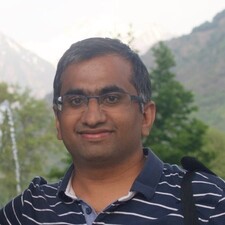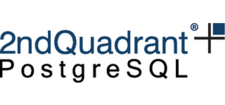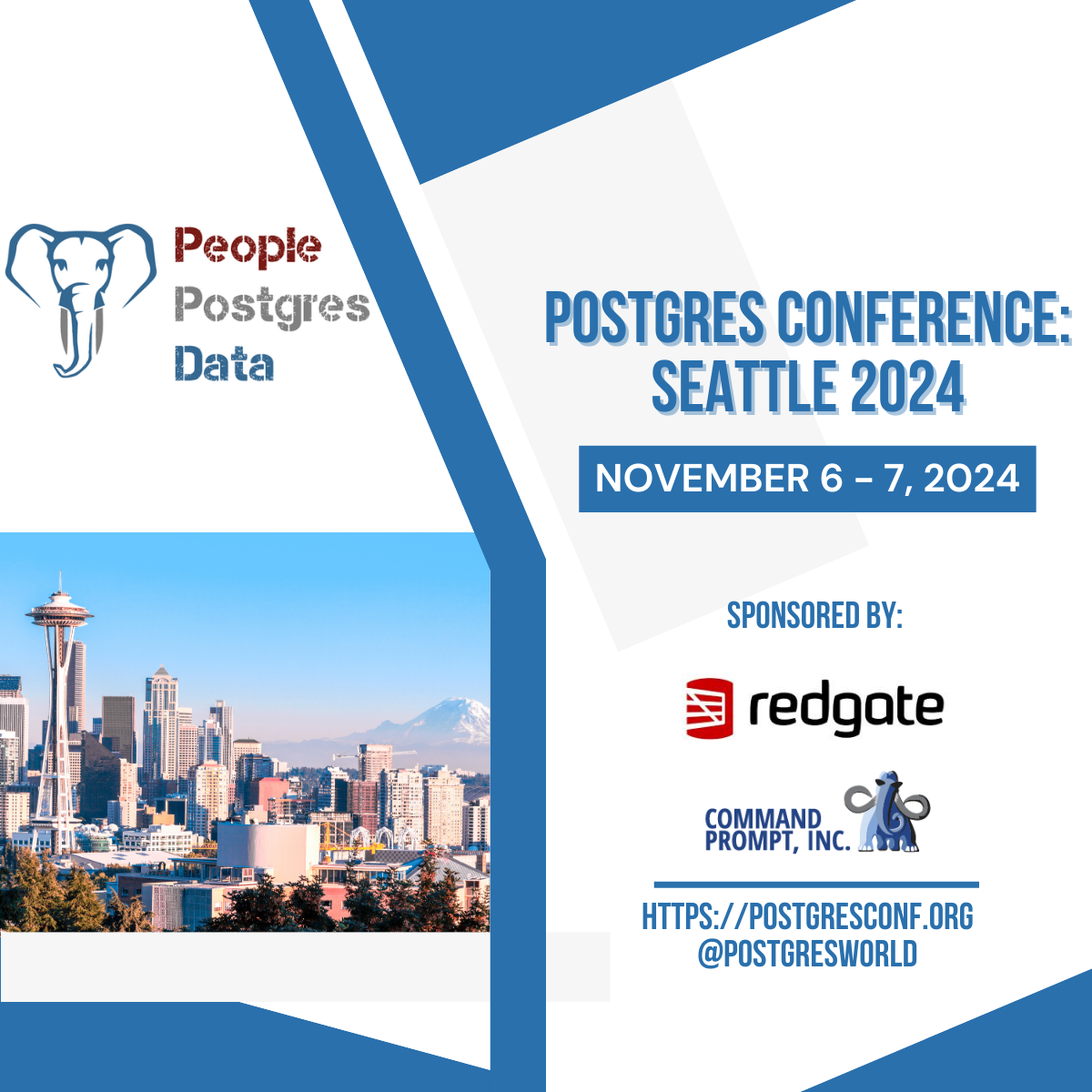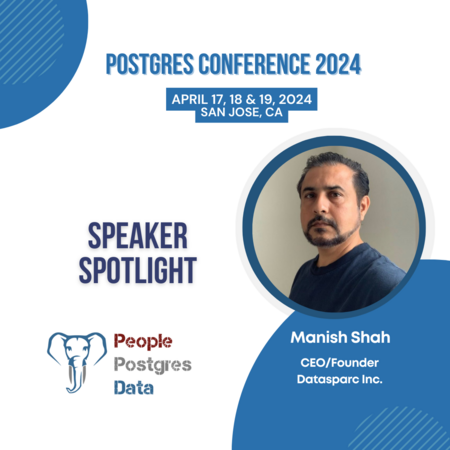The Postgres Conference 2025 is set to take place in Orlando, Florida, from March 18 to 21, 2025. This year's conference features an expanded lineup of tracks, including the Dev Track, which is tailored for developers seeking to deepen their expertise in PostgreSQL. This track offers sessions to enhance your development skills, explore new tools, and provide practical insights into PostgreSQL's capabilities.
What to Expect
The Dev Track is curated to address the diverse needs of developers working with PostgreSQL. Attendees can look forward to:
- In-Depth Tutorials: Hands-on sessions that delve into advanced PostgreSQL features and development practices.
- Expert-Led Workshops: Opportunities to learn from seasoned professionals about optimizing performance, implementing machine learning, and more.
- Cutting-Edge Topics: Discussions on the latest tools, extensions, and methodologies in the PostgreSQL ecosystem.
Session Highlights
Here are some standout sessions in the Dev Track:
-
A Practical Guide to Set-Based Queries (paid training)
- Speaker: Aaron Cutshall
- Date & Time: March 18, 2025, 9:00 AM – 12:00 PM
-
Description: This workshop addresses performance issues arising from procedural code in PostgreSQL. Aaron will guide participants through transforming procedural logic into efficient set-based queries, enhancing database performance.
-
Machine Learning using PostgreSQL (paid training)
- Speaker: Abbas Butt
- Date & Time: March 18, 2025, 1:00 PM – 4:00 PM
-
Description: Abbas will introduce participants to implementing machine learning algorithms directly within PostgreSQL 15.x using Apache MADlib 2.1.0 installed on Ubuntu 22.04. The session covers practical applications of predictive analytics, enabling developers to harness the power of ML in their databases.
-
From MongoDB to Postgres: Building an Open Source Standard for Document Databases
- Speaker: Peter Farkas
- Date & Time: March 19, 2025, 4:00 - 4:20 PM
- Description: This session reviews the current state of document databases, and demonstrates how Postgres handles MongoDB workloads with ease.
For a comprehensive view of all sessions and to plan your itinerary, visit the official conference schedule.
Why Attend?
Participating in the Dev Track at Postgres Conference 2025 offers numerous benefits:
- Skill Enhancement: Gain practical knowledge and hands-on experience with PostgreSQL's advanced features.
- Networking Opportunities: Connect with fellow developers, industry experts, and thought leaders.
- Stay Current: Keep abreast of the latest developments, tools, and best practices in the PostgreSQL community.
Don't miss this opportunity to elevate your PostgreSQL development skills. Register now and join us in Orlando for an enriching experience.

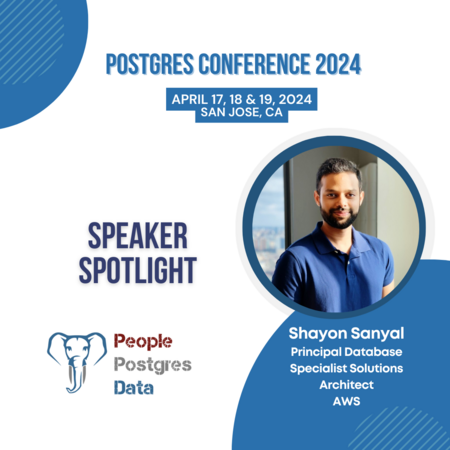 As part of the countdown to Postgres Conference 2024, learn more about the engaging content and our speakers for this year in our Speaker Spotlight Series.
As part of the countdown to Postgres Conference 2024, learn more about the engaging content and our speakers for this year in our Speaker Spotlight Series.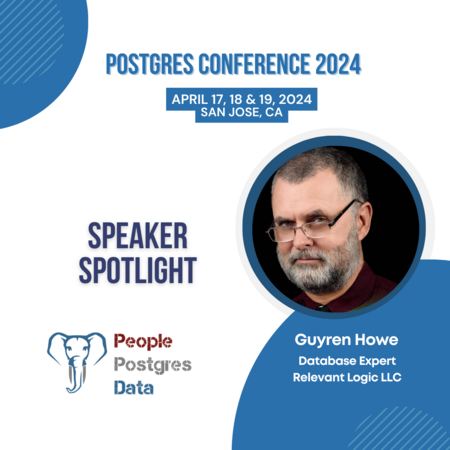
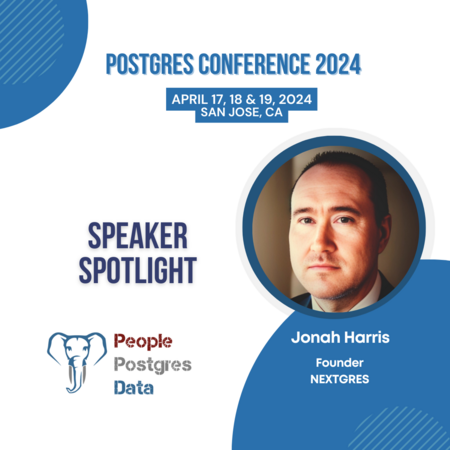 <
<